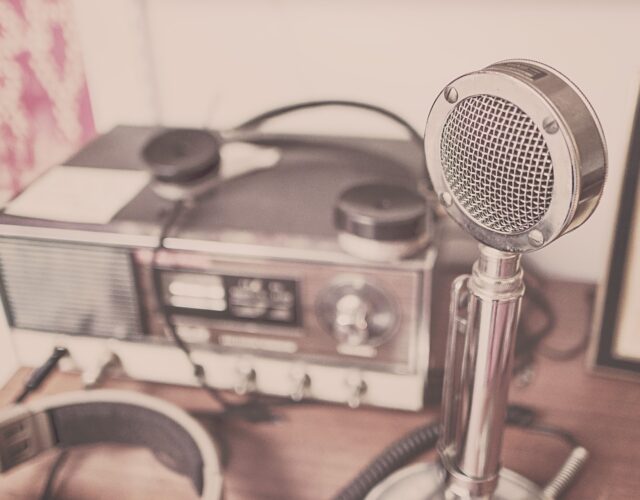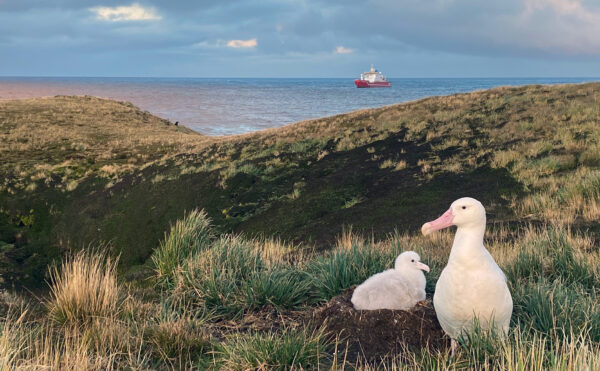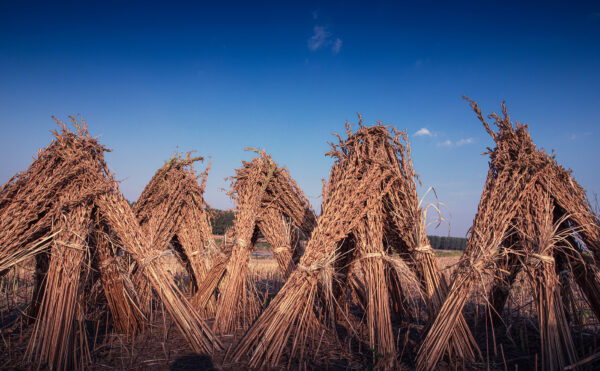Historical narratives are traditionally built from tangible objects—some scraps of paper tucked away, stacks of receipts held together with paper clips. Historians teach graduate students to trust the written word. But what about the spoken word? I study the 20th century, so I’m fortunate to be able to actually speak with the people I write and talk about. We call these people “historical actors.” But I’ve never liked that term, which denies people their agency and turns them into characters, rather than treating them as flesh-and-blood human beings. Historians must respect the people who choose to tell us their stories, which means treating them as unique individuals and not actors in a play of someone else’s making.
During my first year as a research fellow at the Science History Institute, I’ve spent a lot of time thinking about how to collect and use recorded interviews, including those in the Institute’s own extensive collection of oral histories from chemists, engineers, and other scientists. Often I think historians see oral histories as a way to add a bit of pizzazz to a description of the past. Because oral histories rely on the memory of individuals, some of my colleagues believe they are less reliable sources than written documents. But oral histories really can correct, confirm, and add to the historical record. For example, during my dissertation research I interviewed several television producers, and I discovered that the chain of command on one television program was quite different than had been reported in an academic journal article. Without my interviews the incorrect written record might have gone unchallenged.
The importance of treating interviews as valuable, reliable sources was driven home when a few months ago I became a “character” in a history written by someone else. The brewery that my father had started in the early 1980s, Bridgeport Brewing in Portland, Oregon, unexpectedly closed in February. For a week articles about the history of the brewery were all over the internet. Some of the articles about its closing included information from interviews my father had taped for the Oregon Hops and Brewing Archive. It was strange to read news stories that included family lore—stories I thought my parents had only told my sister and me. Stranger still, I read an article that got details wrong and found that I felt upset. It was trivial, but I wanted to see the record corrected.
As a historian I was flummoxed by how much I cared. I know what it’s like to write on a deadline, as most of these journalists were doing. But as a “historical actor” I was disappointed that the writer hadn’t done appropriate research. What would happen in perhaps two decades when a graduate student researched the history of Bridgeport Brewing? Would they read the article without consulting the original collection of interviews? Or worse, would they assume that the details in the written article were correct since oral histories aren’t “trusted” by historians in the same way that print sources are? The experience helped me understand that oral histories do more than provide charming details to dry historical accounts. In fact, oral histories help others recapture lived experiences that are not written down in traditional sources, such as books and newspapers.
C. S. Lewis once noted that “a single second of lived time contains more than can be recorded,” and therefore we know next to nothing about history. While I rely on the existence of memos, letters, and physical documents to learn about the events of the past, interviewing people can show me things about the period I study that the archival record alone never could. Historians need oral history. Whenever possible, we need to seek out people who lived through the times we study and ask them if they’re willing to share their memories with us. Doing so helps us turn “characters” into real people




